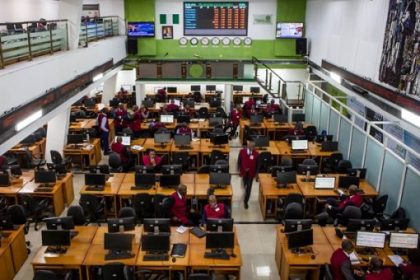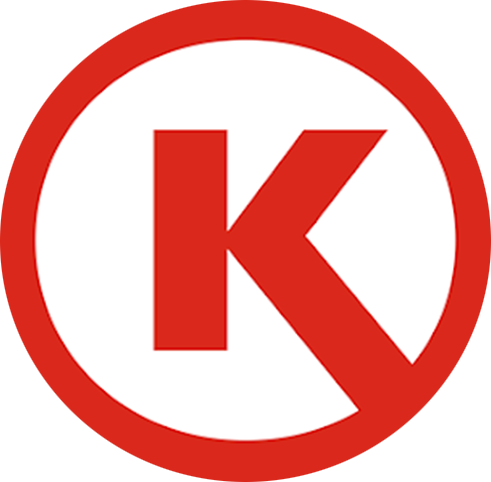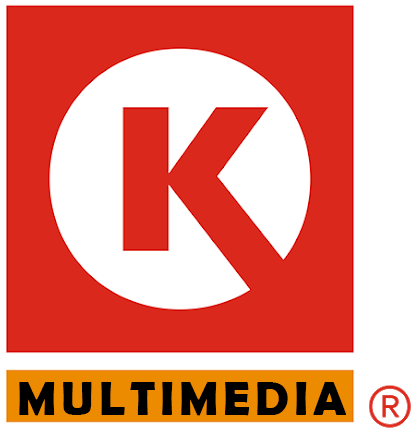
Not less than 14 state-owned enterprises (SOEs) have been shortlisted to list their shares on the Nigerian Exchange (NGX).
Among the SOEs being advised to list on the NGX are key national assets including Ajaokuta Steel Company Limited, Bank of Agriculture (BoA), Galaxy Backbone Plc, Nigeria Bulk Electricity Trading Plc (NBET), Nigeria Commodity Exchange (NCE), Nigerian Liquefied Natural Gas Corporation (NLNG), Nigerian National Petroleum Corporation (NNPC), Nigerian Mining Corporation, and others.
A source at the Securities and Exchange Commission (SEC) said that all of these firms had been contacted regarding the listing process.
However, these enterprises must meet certain criteria, including a minimum market capitalisation of N500 million and pre-tax profits of at least N300 million (or N600 million for the Standard B listing) along with at least 21 equity shareholders.
The NGX, it was gathered, has provided a simplified listing process for these SOEs, with reduced fees and flexible disclosure requirements. By listing, the SOEs will gain enhanced visibility and transparency while accessing the capital markets for long-term funding. The benefits of listing include improved governance, increased transparency, enhanced credibility, and better risk management, all of which are critical for the SOEs’ sustainable growth and long-term success.
Listing on the NGX would also grant these enterprises access to capital needed for expansion, particularly in sectors crucial to Nigeria’s economic growth such as energy, transportation, and infrastructure development. These listings are part of a broader strategy to integrate more public enterprises into Nigeria’s financial markets, thereby deepening market participation and economic democratisation.
To be eligible for listing, SOEs must demonstrate a clear social or environmental impact, strong governance, and a commitment to sustainability. The NGX is offering dedicated support, including a streamlined listing process, reduced fees, enhanced investor outreach, and capacity-building workshops. The Exchange’s “Impact Board” offers a unique platform for SOEs to access capital markets while showcasing their commitment to transparency, governance, and economic development.
The SEC has reiterated its committed to supporting these enterprises by providing incentives and creating an enabling environment that makes the listing process attractive.
Director-General, Securities and Exchange Commission (SEC), Dr. Emomotimi Agama emphasised the significance of this development for Nigeria’s economy, noting that it would lead to a more inclusive and democratised business environment.
Agama highlighted that listing SOEs on the NGX would facilitate wealth distribution and democratise their operations, allowing more Nigerians to hold ownership stakes. “Inclusivity is very critical,” he stated, adding that such an approach promotes collective responsibility in building Nigeria’s industries. He also dispelled concerns that listing on the NGX would lead to a loss of control for SOEs, explaining that it would instead empower them by fostering unity and collective growth. “Listing does not remove power from them,” he clarified. “It provides bigger power because united we stand, divided we fall.”
By allowing public participation through the stock exchange, SOEs can gain access to more capital, improve corporate governance, and enhance transparency, which can boost their long-term competitiveness and growth prospects.
One of the SEC’s strategies is to streamline the listing process, reducing bureaucratic delays and providing a clear, predictable timeline for companies preparing to list. “Providing certainty and ensuring companies have a calendar supported by the SEC is essential,” Dr. Agama said, stressing that this would give SOEs confidence in going public.
The SEC’s efforts to reduce time-to-market and simplify processes aim to attract not only SOEs but also private companies, thereby expanding the scope and depth of Nigeria’s capital markets. Dr. Agama further emphasised that technological tools would play a pivotal role in achieving this goal, particularly with the younger generation in mind.
Technology is central to the SEC’s plan to make capital markets more accessible to Nigerians. Dr. Agama pointed to the e-offering platform launched by the NGX as a tool that simplifies public offerings, allowing more people to invest. He encouraged the adoption of FinTech tools and digital platforms to make the investment process easier and more appealing to a broader audience.
“We encourage apps, we encourage FinTech tools,” Dr. Agama explained, adding that the goal is to create a seamless and enjoyable experience for investors. The SEC’s strategy involves fostering a positive investment environment by demystifying the process through education, technology, and incentives. This approach is expected to stimulate greater public participation in Nigeria’s capital markets and contribute to the country’s economic growth.
The SEC is determined to rejuvenate the Nigerian capital market by removing barriers and offering incentives to companies considering listing. This includes promoting financial literacy and simplifying investment processes to ensure that more Nigerians can participate in the stock market. The broader aim is to create a dynamic and diversified market that drives economic development.
In addition to encouraging SOEs, the SEC is also pushing for greater participation from other sectors through innovative approaches like FinTech. By doing so, the Commission hopes to make Nigeria’s capital markets more competitive and attractive to both domestic and international investors, while contributing to the country’s overall economic growth and stability.
The listing of these 14 SOEs on the NGX, supported by SEC’s initiatives, is expected to be a transformative step for Nigeria’s financial markets, promoting inclusivity, transparency, and sustainability.

